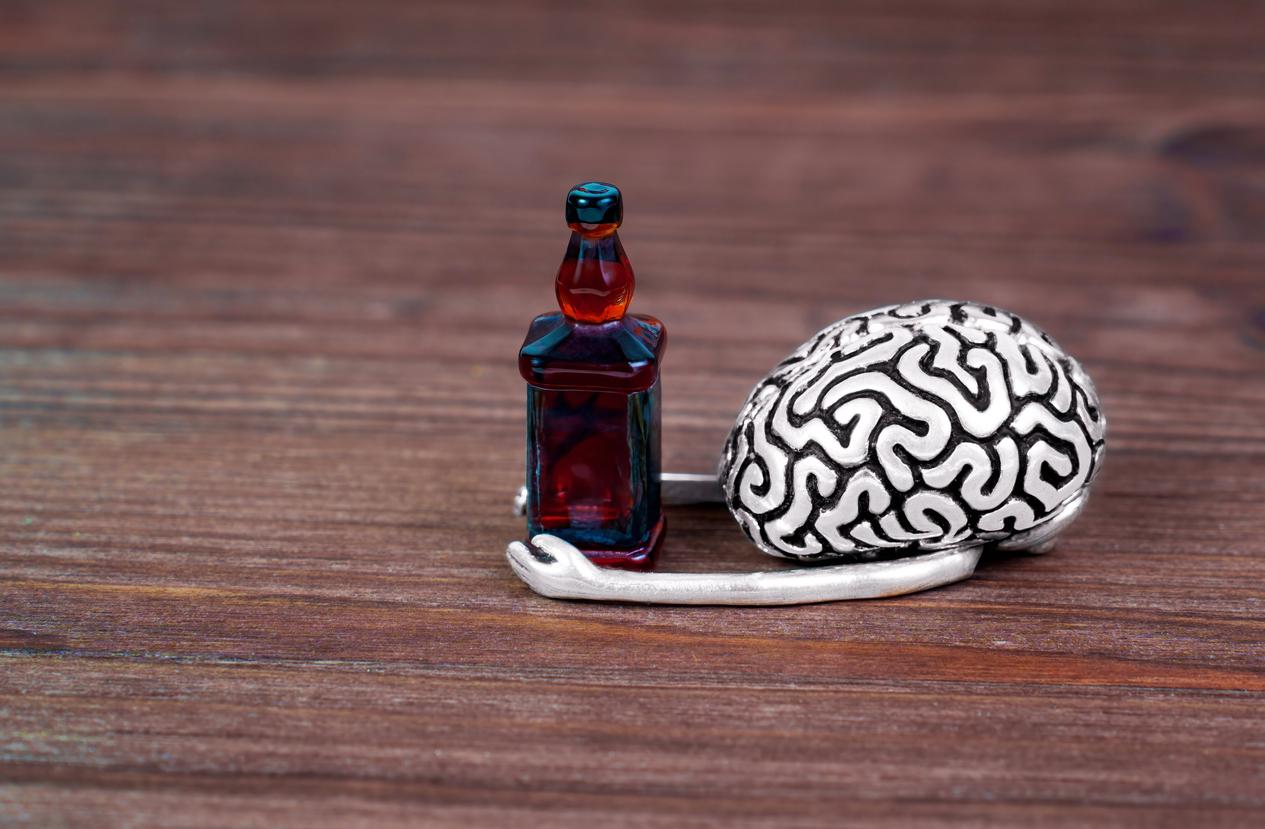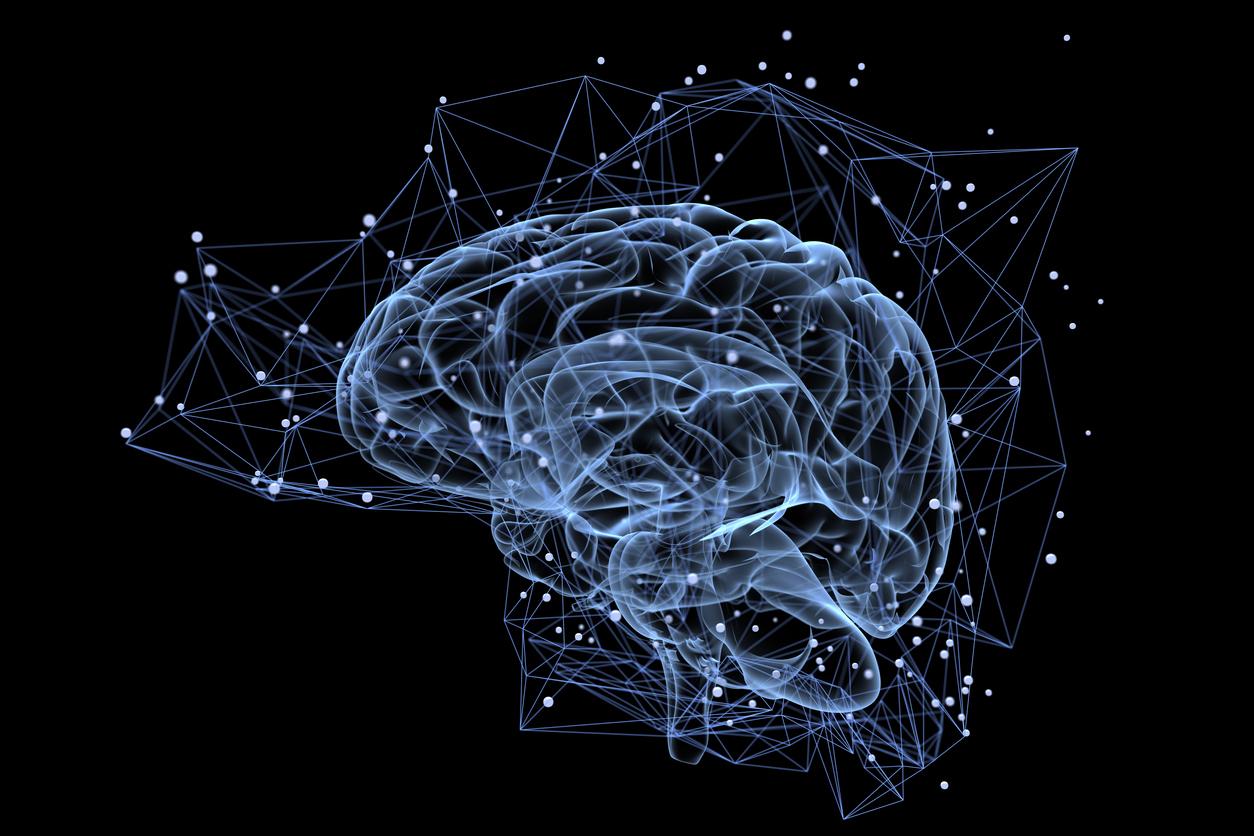the broken heart syndromeor “Tako-tsubo” is a pathology recognized by scientists who recognize the sometimes damaging repercussions of heartache on the cardiovascular health. And the brain in all of this? Guy Winch, American psychologist, underlines in a column on Psychology today, that the heart is not the only one to “clink glasses” in the event of breakup. The damage can also be felt violently on the brain. The specialist describes this psychological suffering, in order to invite to better understand these reactions and, ultimately, better heal the sores of the soulwhen a love story ends. The psychologist distinguishes three manifestations:
1. emotional pain
This is as intense as physical pain. She can be almost as unbearable. On the other hand, psychological suffering can last an indefinite time.
2. Withdrawal symptoms
Second aspect underlined by the expert: withdrawal symptoms. These are the same as the mechanisms that activate when drug addicts use up substances such as cocaine and opioids. “These powerful withdrawal symptoms (of the loss of love) have an impact on our ability to think, to concentrate,” says Guy Winch. Faced with the violence of these manifestations, the psychologist invites patience and compassion on the part of those around him and also in the suffering person. “We would never expect an addict in the middle of a withdrawal period to be able to function in his job or in his personal life because we understand that he is in a temporarily abnormal mental state. We have to think about grief. on the same terms and change our expectations of ourselves and others accordingly. “
3. Parasitic thoughts that reopen the wound
The third and final avatar of this post-breakup violence concerns intrusive thoughts. These mental images, snatches of conversation, memories, resurface without warning dozens of times an hour, and rekindle the emotional pain associated with the lack of the other. “Whenever an intrusive thought arises, it interrupts us, reopens our wound, reactivates our emotional pain and triggers our withdrawal symptoms. Since intrusive thoughts can occur, and given their ability to let us go, it is clear that so many of us are struggling to overcome our grief and make a timely recovery. ”
The psychologist encourages to be more benevolent towards oneself and not to use unnecessary blame and self-criticism to overcome grief.
Read also:
10 signs that show he’s unfaithful
Does the bandage man have Prince Charming potential?


















